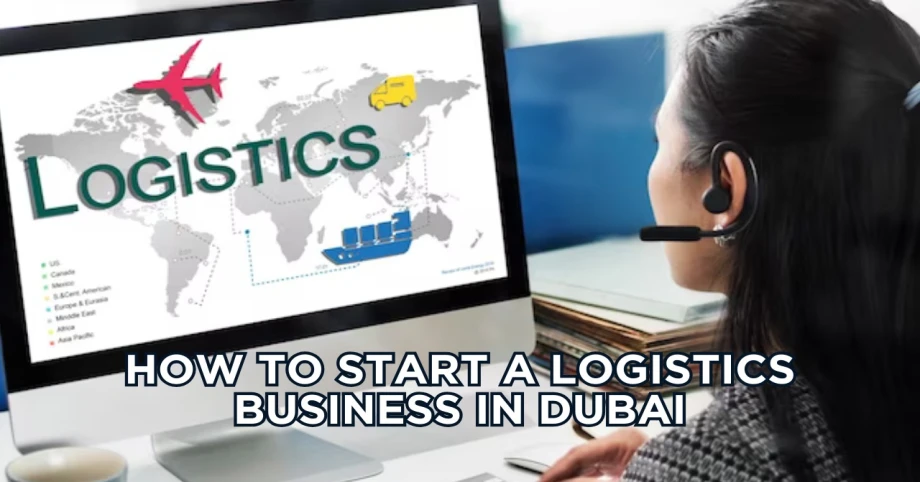
Industry: General
Service Type: Others

Dubai, strategically positioned as a global trade hub, continues to witness a surge in demand for logistics services. Entrepreneurs keen on tapping into this burgeoning market will find ample opportunities to establish and grow a logistics business in the city. In this comprehensive guide, we will explore the key steps to successfully initiate a logistics venture in Dubai.
The first crucial step in starting a logistics business in Dubai is conducting comprehensive market research. Understanding the dynamics of the local logistics industry, analyzing the specific demand for services, and identifying potential competitors are fundamental aspects. This research lays the groundwork for crafting a business strategy that aligns with market needs and trends.
Navigating the legal landscape is imperative for the success of any business in Dubai. Entrepreneurs must familiarize themselves with licensing requirements specific to the logistics industry. Compliance with customs regulations, import/export laws, and foreign ownership regulations is essential for the seamless operation of a logistics business.
Crafting a robust business plan is the roadmap to success. Entrepreneurs need to define the business model, scope of logistics services, and pricing strategies. A comprehensive marketing plan that outlines client acquisition strategies and market positioning is vital for gaining a competitive edge in Dubai's dynamic logistics market.
Selecting a strategic location for the logistics business is pivotal. Entrepreneurs should consider proximity to transportation hubs, ports, and key industrial areas. Setting up the necessary infrastructure and ensuring compliance with zoning and environmental regulations contribute to the efficiency of logistics operations.
The backbone of any logistics business is an efficient fleet. Entrepreneurs must invest in acquiring and managing a fleet of vehicles, establish optimal transportation routes, and implement robust tracking and management systems. The efficiency of transportation is critical for meeting client expectations and maintaining a competitive edge.
Incorporating technology is key to staying ahead in the logistics industry. Investment in logistics management software, tracking and tracing systems, and other digital solutions enhances efficiency and transparency. Technology integration enables real-time monitoring of shipments, contributing to the overall effectiveness of logistics operations.
Adherence to international quality and safety standards is non-negotiable in the logistics sector. Entrepreneurs must implement rigorous quality control measures to ensure the reliability and safety of shipments. Obtaining the necessary certifications is a testament to the commitment to industry compliance.
Collaboration is a cornerstone of success in the logistics business. Entrepreneurs should establish partnerships with shipping companies, carriers, customs brokers, and clearance agents. Building a network of reliable partners contributes to the seamless flow of logistics operations.
Recruiting skilled and trained logistics professionals is essential for the success of the business. Providing ongoing training on industry best practices ensures that the workforce remains abreast of the latest developments. Compliance with labor laws and safety regulations is paramount for creating a secure and efficient work environment.
Starting a logistics business in Dubai is a journey that demands strategic planning, adherence to regulations, and a commitment to excellence. By following the outlined steps and leveraging Dubai's strategic advantages, entrepreneurs can navigate the complexities of the logistics industry with confidence. The city's dynamic business environment and thriving logistics sector provide a fertile ground for those looking to establish a successful and sustainable logistics business in Dubai.
Comments